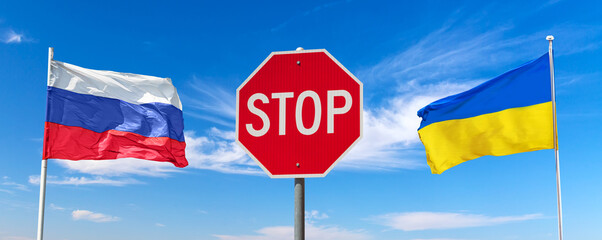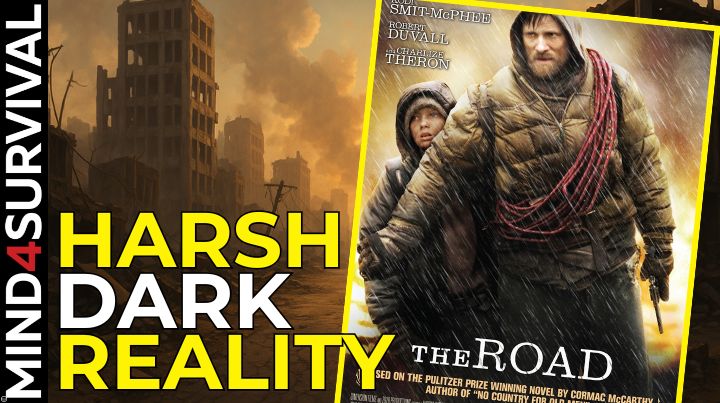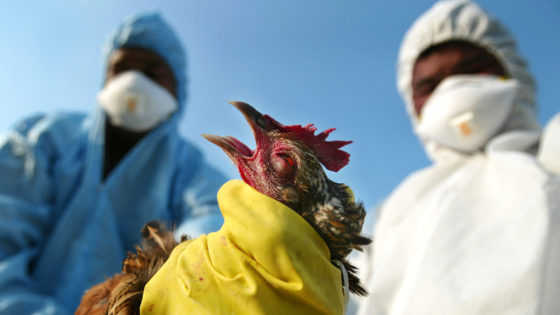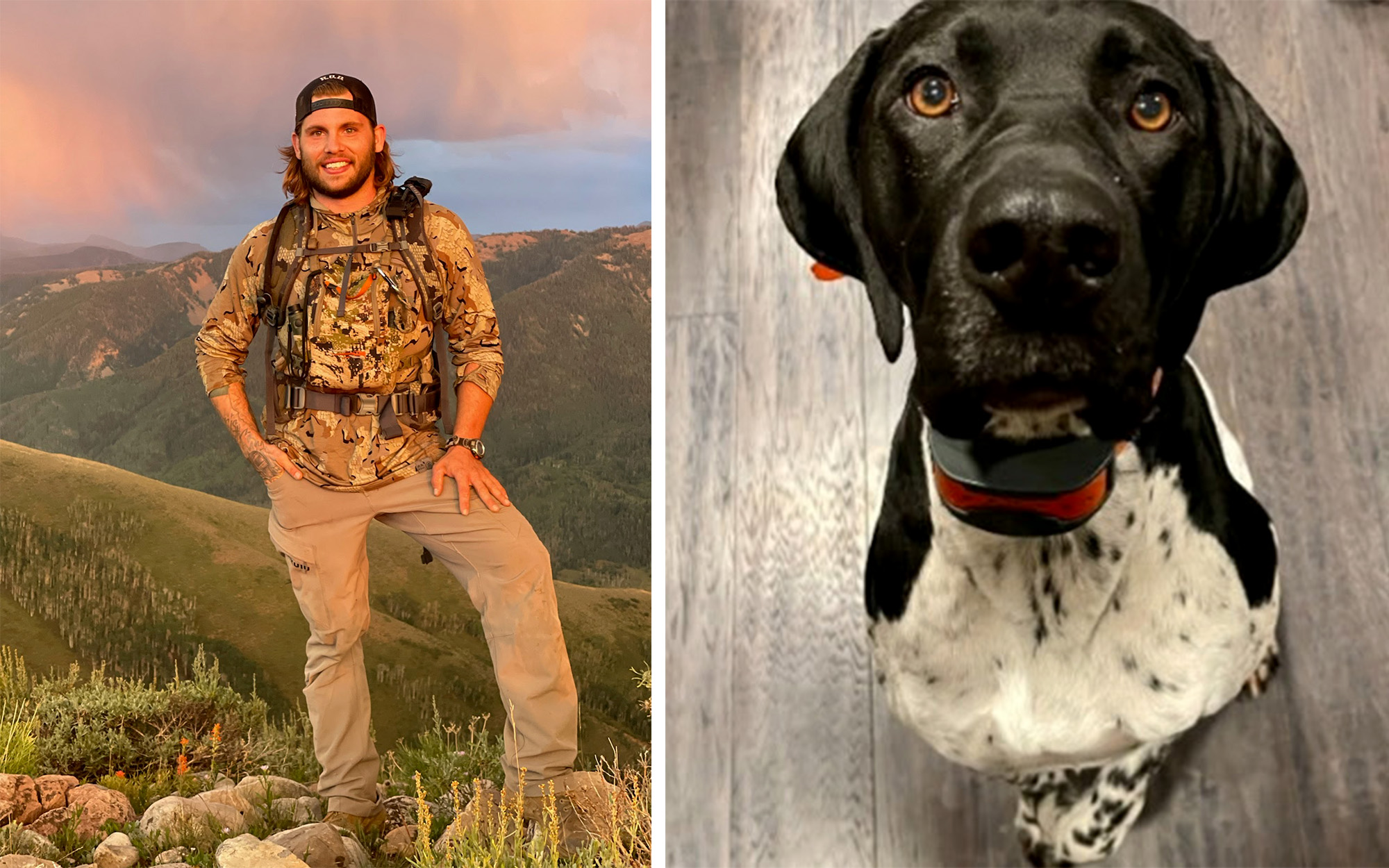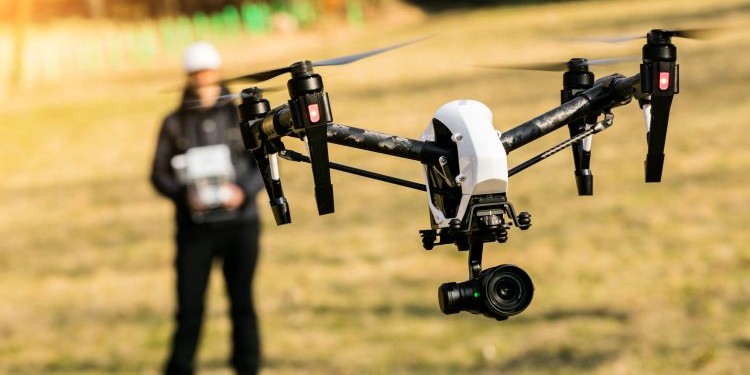I Faced Off with a Grizzly Alone, and in the Middle of Nowhere
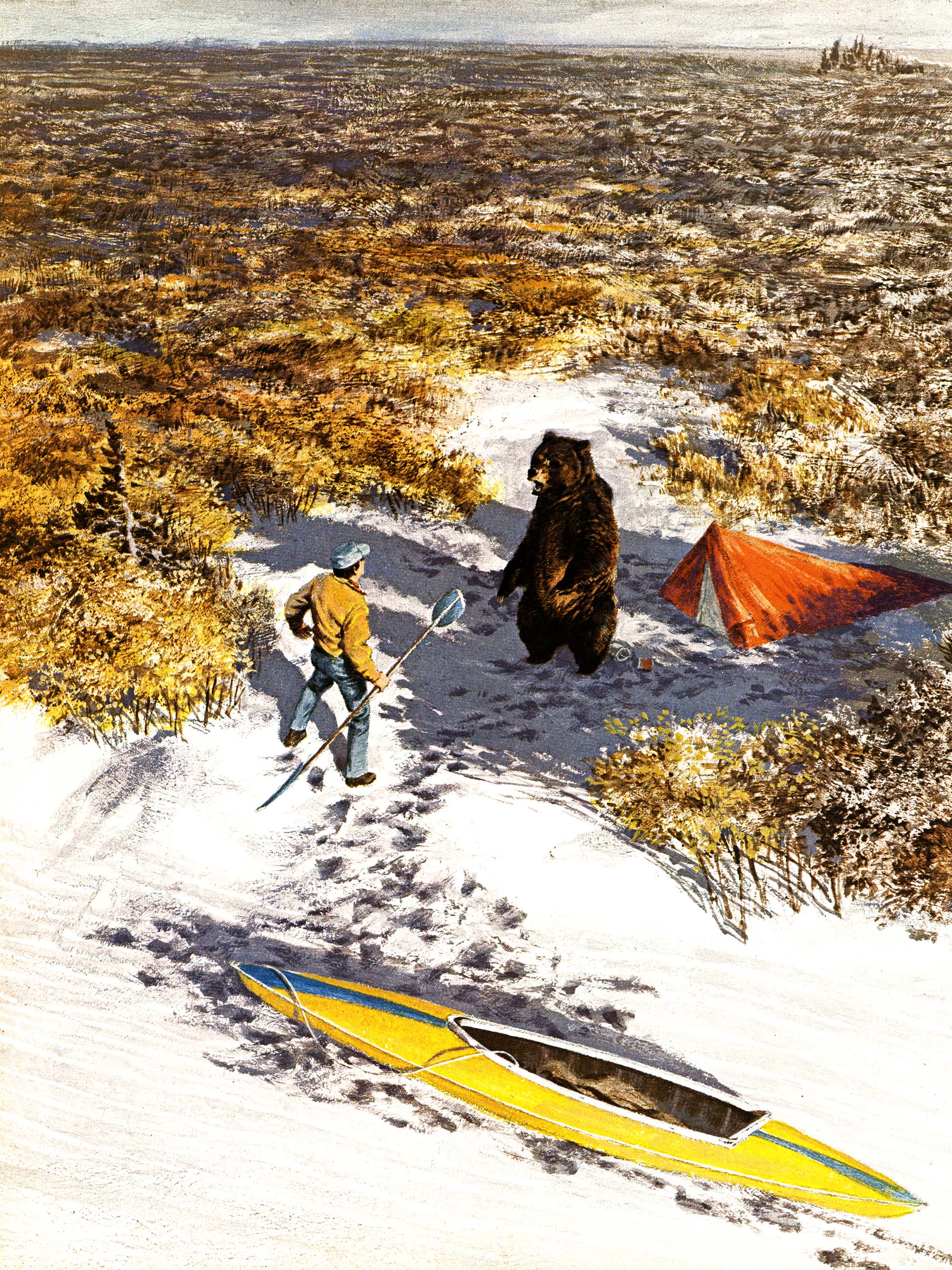
This story, “Grizzly in No Man’s Land,” appeared in the February 1979 issue of Outdoor Life.
For a moment the grizzly wore an expression of almost pure contentment, sitting there in front of the tent eating that granola bar. Moments later, when it was all over, I was left scared to the soles of my boots and almost incoherent. But in those 30 or so seconds that constitute an eternity in such situations, I learned the true meaning of the wilderness….
I had seen bear tracks all summer. Kayaking the Teslin River in central Yukon Territory, then on down the Yukon River to Dawson City with a group of college students in tow, I had set up camp on sandbars and islands crisscrossed with bear, lynx, wolf, and the ubiquitous moose. Those tracks were sometimes very fresh, but there was safety in numbers. Besides, it seemed as if those kids never slept in the 24-hour light of the Klondike summer.
Now it was different: I was on the Porcupine River heading west for the Yukon River, about 60 miles above the Arctic Circle. I was tired. I had paddled my 17½-foot canvas covered kayak more than 40 miles that day, 400 miles in the last 10 days, against a stiff head wind on water that was almost devoid of current. I was hungry; a can of beans and half a granola bar go just so far. And I was alone. Around me were the cliffs of the Ramparts, and 150 miles behind was the village of Old Crow, Yukon Territory; 150 miles ahead was Fort Yukon, Alaska. I had seen no one since Old Crow. Not even a plane had flown over. As far as I was concerned, I was the sole occupant of the river, surrounded by 50,000 square miles of uninhabited subpolar terrain — the tundra.
Off the river, however, one is never alone. Mosquitoes are continual companions ashore, and a welcoming swarm had need in order to reproduce their kind. I saw sandpiper chicks attacked and completely covered by mosquitoes the moment they hatched. I was also told mosquitoes had killed caribou calves and driven men mad….
A cloud of mosquitoes enveloped the grizzly. Some perched on his nose, others walked in and out from under his jowls. From my distance of maybe 10 feet, I could see he was easy pickings. But he seemed oblivious to them. His eyes were locked on mine.
Seven feet high, three feet wide, he was Death in a brown-gray overcoat. With two-inch claws extending from catcher’s mitt paws, he was Doom up close. Never had I experienced fear as I experienced it that day. Nor had I felt so helpless, cold, and alone, all of which added to an unforgettable sensation of overall weakness. My legs became rubbery; to stand erect became such an endeavor that I found myself “shaking in my boots.” No other words would fit the situation: I was a living cliche. And when my heart began beating so fast that I thought it would burst, being scared to death no longer seemed absurd.
With effort I pushed the thought from my mind and tried to think of escape and survival. I thought of turning around and making a dash for the river just 15 feet away. No, back up slowly and sink gradually into the water. No. How about falling into a fetal position and playing dead? But something said don’t lose his gaze, and I kept my eyes on his. To support my wobbly legs, I slowly raised the paddle to a vertical position and anchored its blade by my left foot. At the same time, the grizzly took a quick step toward me….
Along about the height of the Klondike gold rush, Robert Service wrote: “This is the law of the Yukon, and she makes it plain: Send not your foolish and feeble; send me your strong and your sane…”
Encounters with large, indigenous wildlife indeed tax one’s sanity. Going into the Porcupine drainage alone, I learned later, was not-so tactfully deemed foolish by the Royal Canadian Mounted Police. And relying on the adage that God protects small children and fools is no insurance — particularly when you look down a river that is 1,000 feet wide and surrounded by a billion acres of virtually uninhabited wilderness. The few words that I read on the region and that little map still hanging on the wall back home quickly became near-meaningless abstractions.
You see, the Porcupine region is true wilderness. Its rivers won’t carry you to peaceful solitude at a rate of six knots. There are no well-used campsites, no trails, no mileposts to give the distance traveled and the distance to go. It’s a region where the way in and the way out is by water, due mostly to the marshes above the rivers, the mosquitoes, and the tete de femme — the woman’s head hummocks.
At times you’re against an antagonistic wind, upon an uncooperative current, sandwiched between the sun and its reflection. You scratch mosquito bites and gingerly dap at an occasional blackfly bite.
Perhaps it’s a journey without fun. But it is exciting. It’s a combination of trepidation, because once committed there’s no turning back, and exhilaration, because you’re alone, traveling the course of early-day traders, trappers, and goldseekers. Perhaps some of them saw the Porcupine high and fast, when the rivers were thawing and filled with ice floe, when the wind was low and the mosquitoes few. Perhaps they saw things differently; their accounts vary. But nothing has really changed. Dwellings built and abandoned along the river bear witness to the fact that we are all just visitors. And above the river, the tundra goes on forever.
Initially, I had planned to follow Stewart’s 1906 route, starting on the Little Bell River and Summit Lake in northeastern Yukon Territory. This was the route of John Bell, a Hudson Bay Company trader, who in 1842 discovered the river named after him, then followed it to the river he called the Porcupine. In 1844, Bell paddled down the Porcupine until it flowed into the huge river the Indians called Youcon — “The Greatest.” However,· because of the expense of a floatplane to Summit Lake, I took the Eagle route. From the Dempster Highway, the Eagle River zigzags 150 miles to the Bell, which empties 30 miles later into the Porcupine. From that point the Porcupine flows about 430 miles to join the Yukon…
The compass always hung around my neck, beneath binoculars, and a 35-mm camera. All three would have accompanied me into the water, if I had the need — or the luck — to reach the river. But the bear stopped as suddenly as he started.
Looking back, I believe raising the paddle had something to do with his stopping. That little figure before him suddenly became eight feet tall. Also, the figure before him was a silhouette against the sunset. With no color perception, and having his depth perception reduced at dusk, the grizzly saw a dark object against a very bright sky.
Finally, the wind came from behind him. I could smell him better than he could smell me. And what a smell, the odor of a pack of dogs in dire need of a bath.
He was perplexed and frustrated. His snorting grew louder. For a moment I thought he might charge, as he seemed to peer at me more closely by extending his head. Then I wondered if he could really see me. There was a haze of mosquitoes between him and me, closer to him than me. Whatever, my mind raced to escape. The river was fewer than 10 steps away….
The banks of the Eagle and Bell are mud, but the Porcupine’s are rock, sometimes giving way to sandstone bluffs that have eroded away to look like giant loaves of white bread. Swallows inhabit some of these bluffs, darting after insects that flutter above the water. Among the swallows the peregrine falcon flies, the predator whose cries tell of a seemingly continual hunger, with relief “just a swallow away.” Below, Canada geese and pintail ducks lead the kayak away from their nestlings, paddling almost effortlessly 30 yards ahead, then beating the water furiously to become airborne. American eagles in flight take your breath away.
Along the Eagle and Bell, and along the upper portions of the Porcupine, moose watch the kayak approach. Bear cubs are dispatched up trees by unseen mothers, but wolverines come to the water’s edge to sit and watch, afraid of nothing. After sundown, wolves trot along the banks, checking territorial boundaries and seeking food. At a trapper’s cabin about 20 miles upriver from Old Crow, I found wolves lying down with sled dogs, which were tied to posts along the river, waiting for the season’s first snow.
At the village of Old Crow, the Natives were awaiting the caribou, as they had for centuries. Men lined the high banks to ask if I had seen the migrating herd that would keep them in meat for the winter. I had to say no. The hunters of Old Crow take 10 or more caribou per family, freezing the meat in lockers for year-round consumption.
They live in log cabins built on mounds above the permafrost. Though there is no radio, a satellite beams in color television, exposing them to Canadian news and drama, British humor, and American soap. All supplies are flown in. The barges that used to come up the river are long gone, a consequence of progress, even on this far frontier….
The grizzly was even more agitated, rocking back and forth, making mini-lunges. He wouldn’t take his eyes from me. He intimidated through the mosquito screen. Just a few running steps to the river-the thought tempted me, but I resisted for all sorts of disjointed reasons, all of which added up to suicide.
He became even more excited, and I felt what coherence I had left slip away to panic. I trembled all over and my thoughts began to stutter. I took a slow step backward. The grizzly didn’t follow.
For a moment I thought I had a chance for escape. Then, for a moment, I wondered if I should try. If I bolted for the river, would he give chase? Maybe not … but if he did, he’d be running on four feet; I’d be running on two.
I took a second step back. This time the grizzly growled. Almost instinctively, I lowered the paddle and grabbed it with both hands, realizing at the same time that I had a defensive weapon, something I could use to keep the grizzly four or five feet away, until I could retreat to the river.
But if I reached the water, would I escape? I’d leave behind everything. The grizzly would peel the yellow kayak like a banana to get at the food inside. A similar fate could await my tent and gear. Once in the water I would be at the mercy of the river, its current and 48-degree temperature. Survival would depend on quickly finding a beach and a way back to camp.
The paddle shook with all the symptoms of buck fever, yet I could look up its shaft into the bear’s mosquito-ringed eyes. Sweat began to run into my eyes and I fought to keep them open, not daring to blink. Yet I know that I did, for the next thing I knew, he had broken off contact.
He merely turned his head slightly and blinked his eyes. Then he closed his eyes and popped himself in the face with both paws; a plume of mosquitoes erupted from his head. He shook his head violently and the granola wrapper fell to the ground. He lunged forward onto all four feet, and I leveled the paddle to meet his charge. But he didn’t come close. He veered sharply to the left and ran down the terrace to the river, shaking his head wildly. In a small splash he was in the water. A moment later he was almost in midstream, his head and humped shoulders very visible. He never looked back.
A mosquito penetrated the repellent on my right wrist and I slapped at it, dropping the paddle. There was no strength in my hand, nor in my legs. I was sick to my stomach and couldn’t think clearly. Moments ago I was confronted by a creature noted for its viciousness, now I had the privilege of wondering why I was still alive.
Maybe he couldn’t see me, maybe he couldn’t smell me, maybe he didn’t know what I was. But for some reason he didn’t stay around long enough to find out.
Read Next: I Was the Youngest Duck Poacher in Saskatchewan
My wrist began to itch and I scratched it, flicking away the remnants of a mosquito, one of those creatures that have no favorites, give no mercy. At the same time I felt two more bites on my forehead. I ran to the tent and jumped in, leaving behind a can of beef stew and a half-eaten granola bar.
Weak and sick from fear, I remembered Robert Service’s words, “I have clinched and closed with the naked North . . . yet the wild must win in the end.”
But not this time, I thought.
Read the full article here




